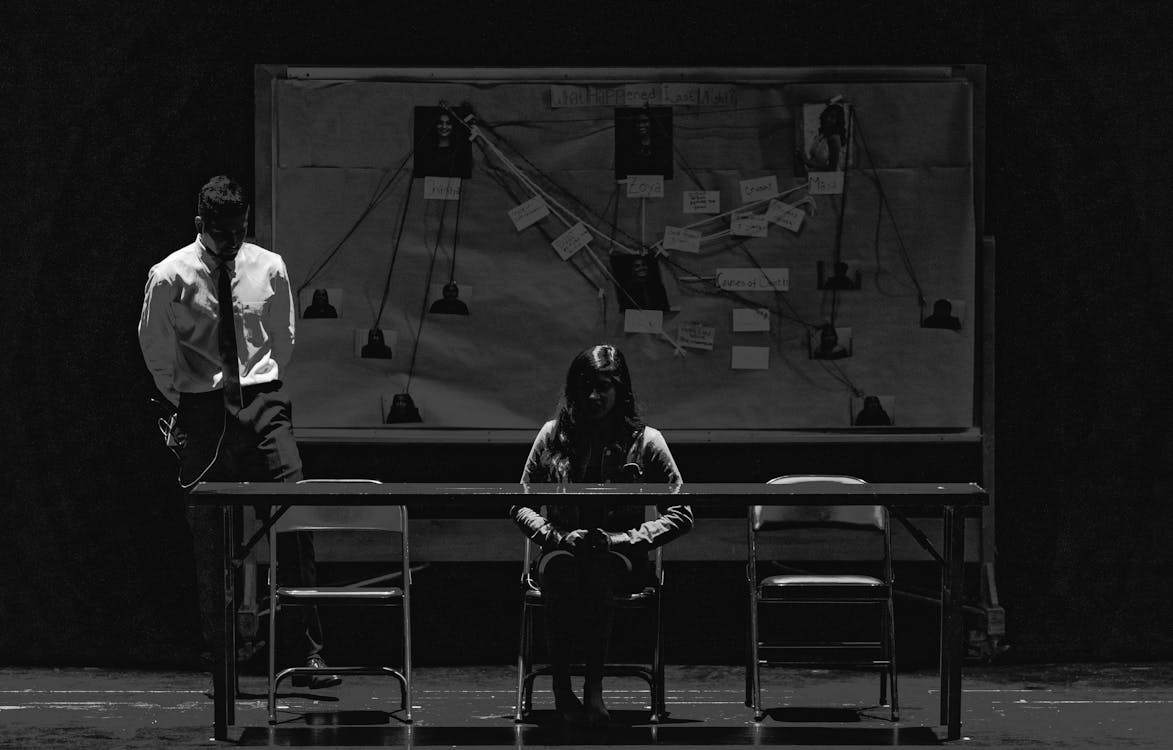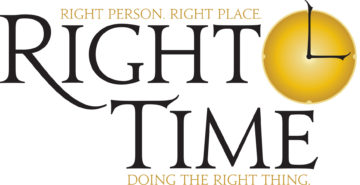Marginalized is a generic term applied to individuals or groups of individuals who face physical, mental, educational, economic, or social hardships…
…and if the marginalized could speak to you…

“Put yourself in my place. You and I are one on one. We’ve never met. You say you want to help me – help me get treatment, hired, trained, or successfully complete supervision.”
“You seem nice enough. You start asking me very personal questions. Questions which obviously have one goal in mind: Do I meet your expectations, requirements, criteria? I’m pretty sure I don’t.”
“I’ve messed up. And before that had a pretty messed up life. I have spent that life trying to hide from those facts. Facts that you – the stranger before me – ask and make notes about. Things that I would rather forget, run from, or take drugs to numb. Facts that I’m hoping to get away from, not look back on because that always leads to more lying, numbing, and hiding.”
“And after all who could blame me? From my end, why would you want to help someone who is so jacked up? If I told you everything about me, I’m pretty sure that pleasant look you have on your face would fade, and that would make you want to help me even less.”
“So, I try to duck your questions – hoping to skip onto something less awkward by giving you answers I think you want to hear. You write down that I seem “defensive” or “closed” or “evasive”. I was trying to please you – trying to stack the deck in my favor to get that help you’ve promised and could easily withhold.”
“Think about it. When was the last time you sat in front of a total stranger, that you wanted to impress, and told them all about your addictions, traumas, and horrific mistakes? Think about how you are asking me to do that, when you probably wouldn’t if you were sitting in my place.”

When people need to be the most open and honest, to get the best results, they choose to “hide” in an attempt to place themselves in the best possible light. Wouldn’t we do the same, if we were in their position?
If your answer is “Yes,” then you may want to find out more about the PAS®.
Marginalized populations include those on public assistance, the stabilized homeless, recovering addicts, at-risk youth, offenders, ex-offenders, ex-gang members, drop-outs, single mothers, hard-to-employ, etc.